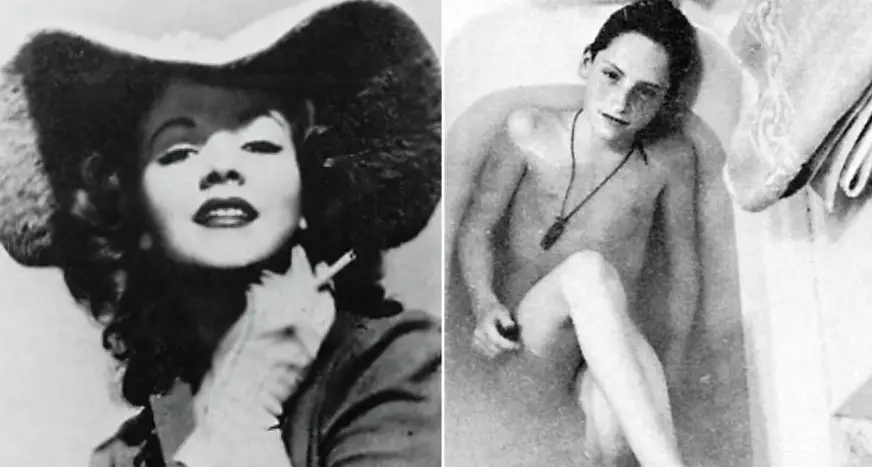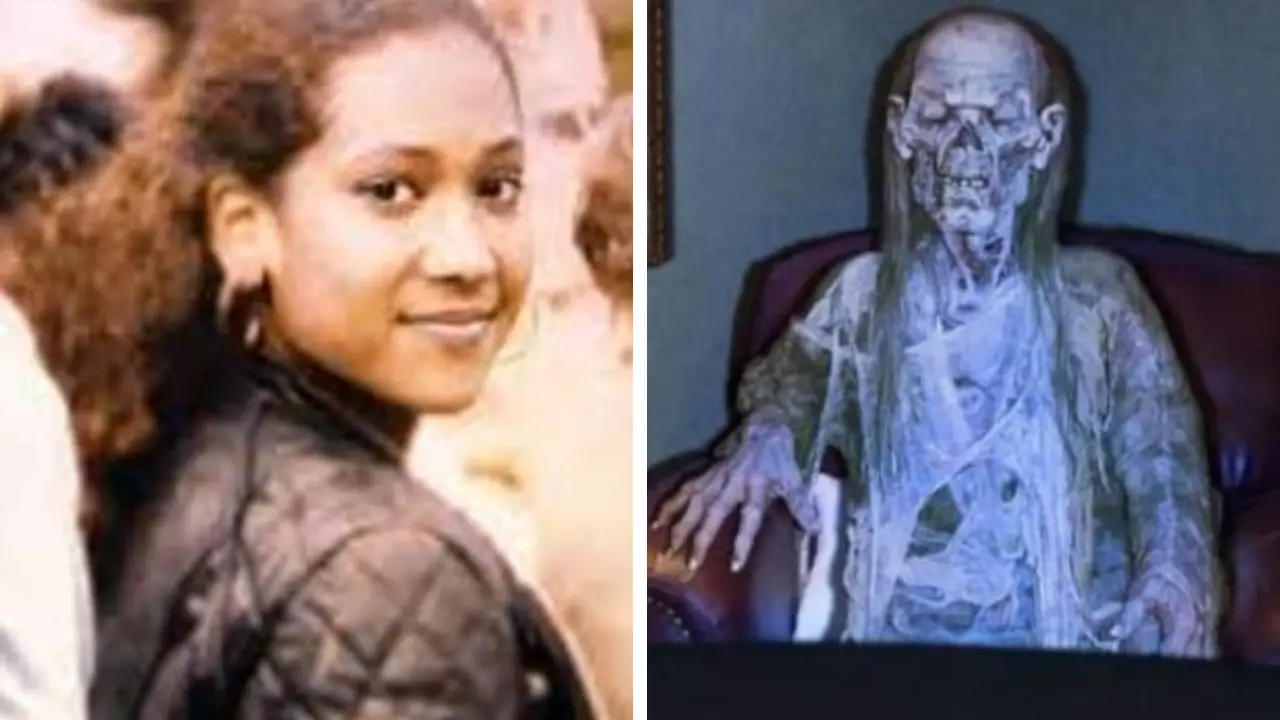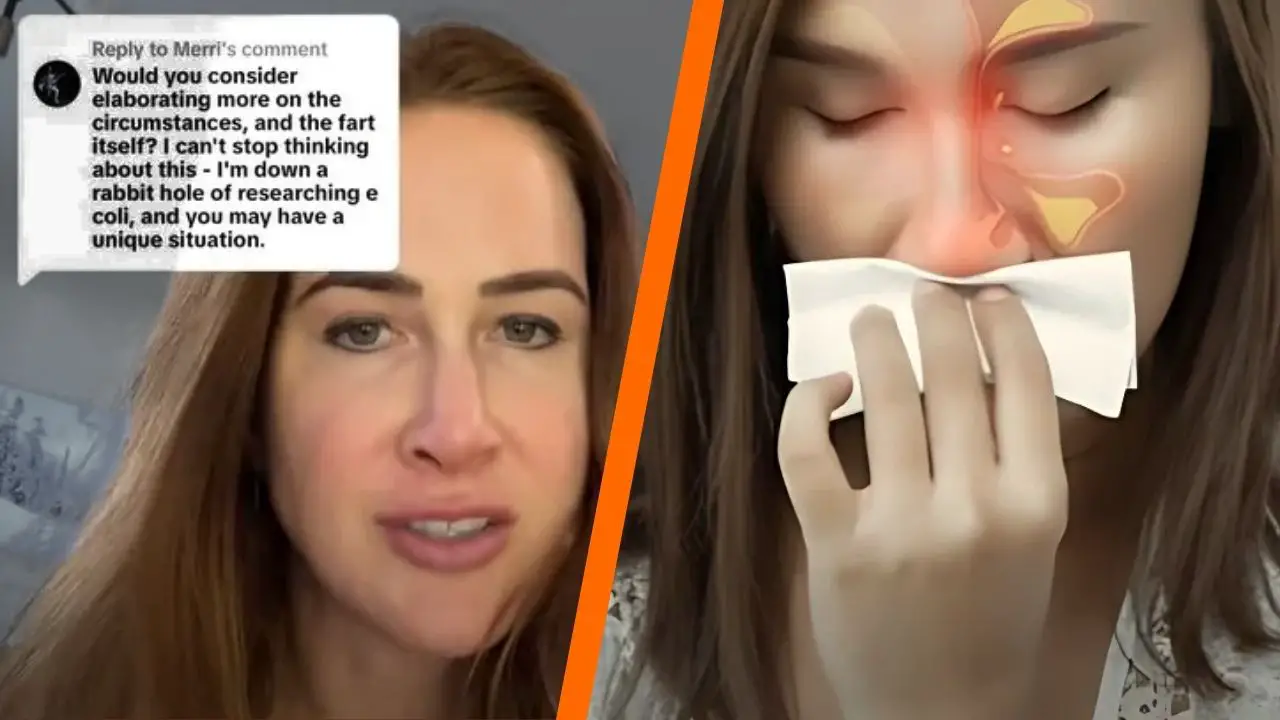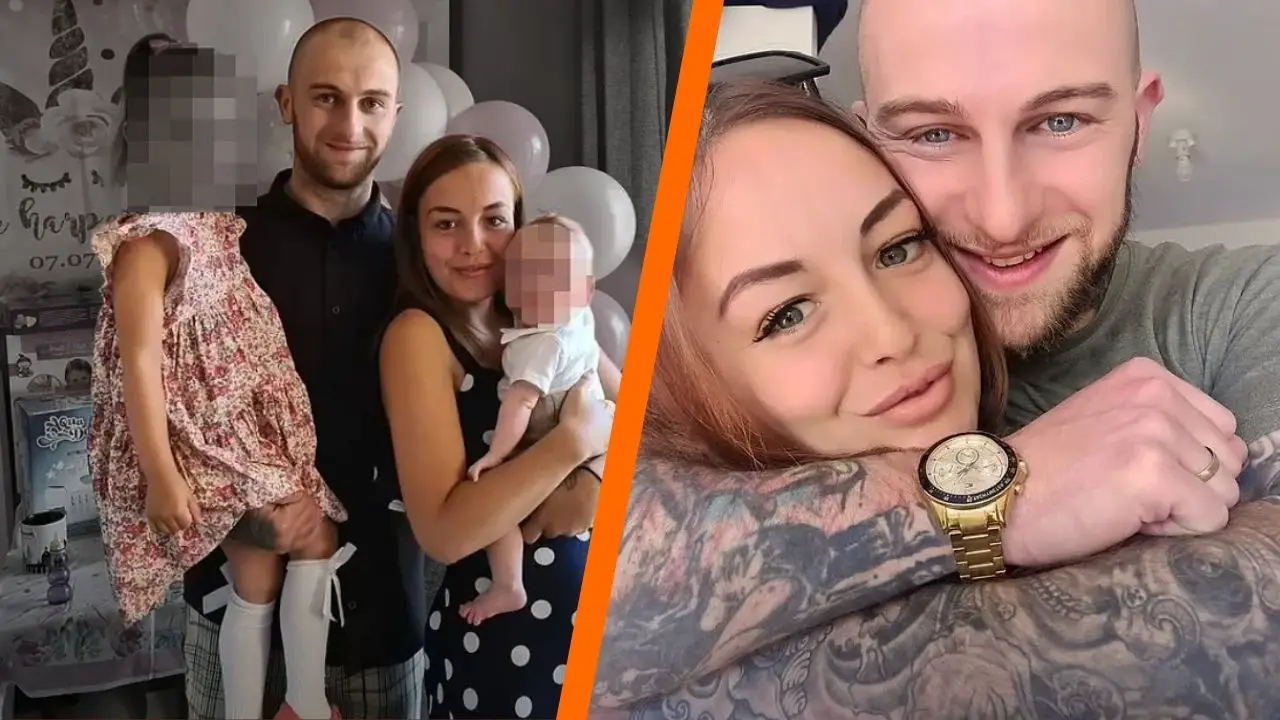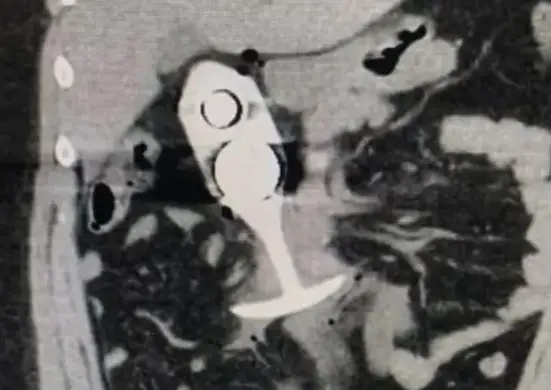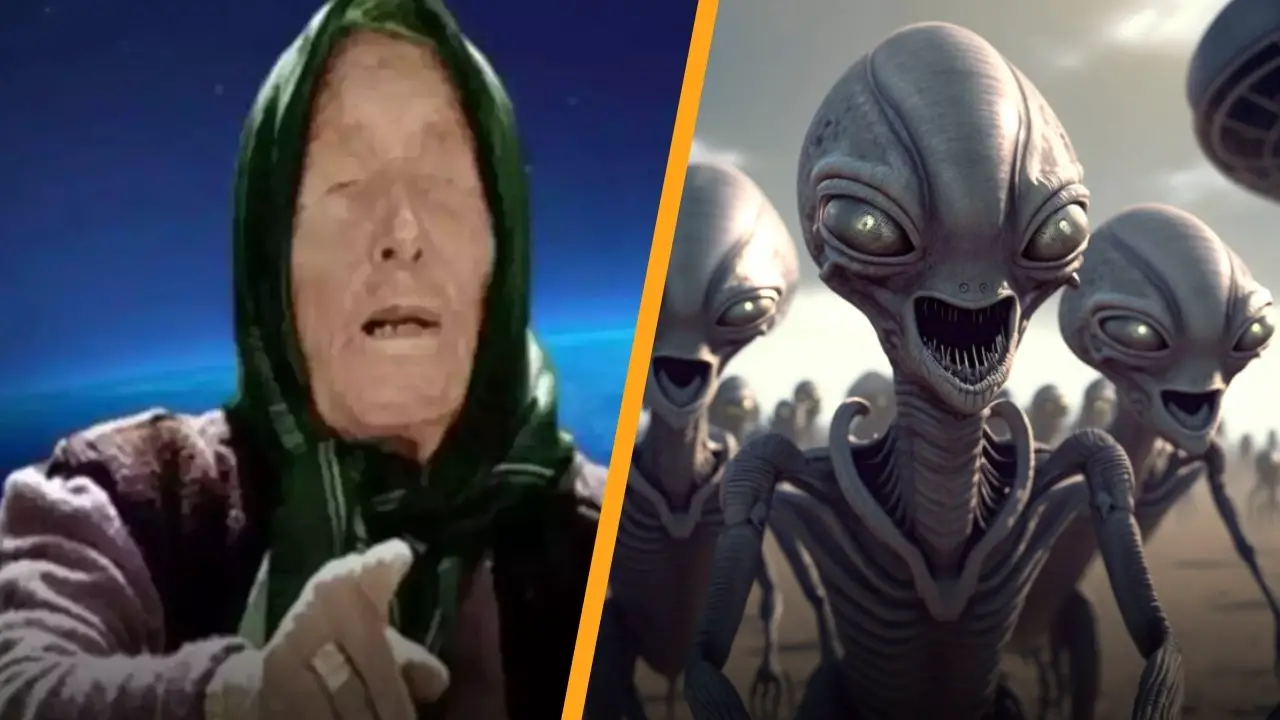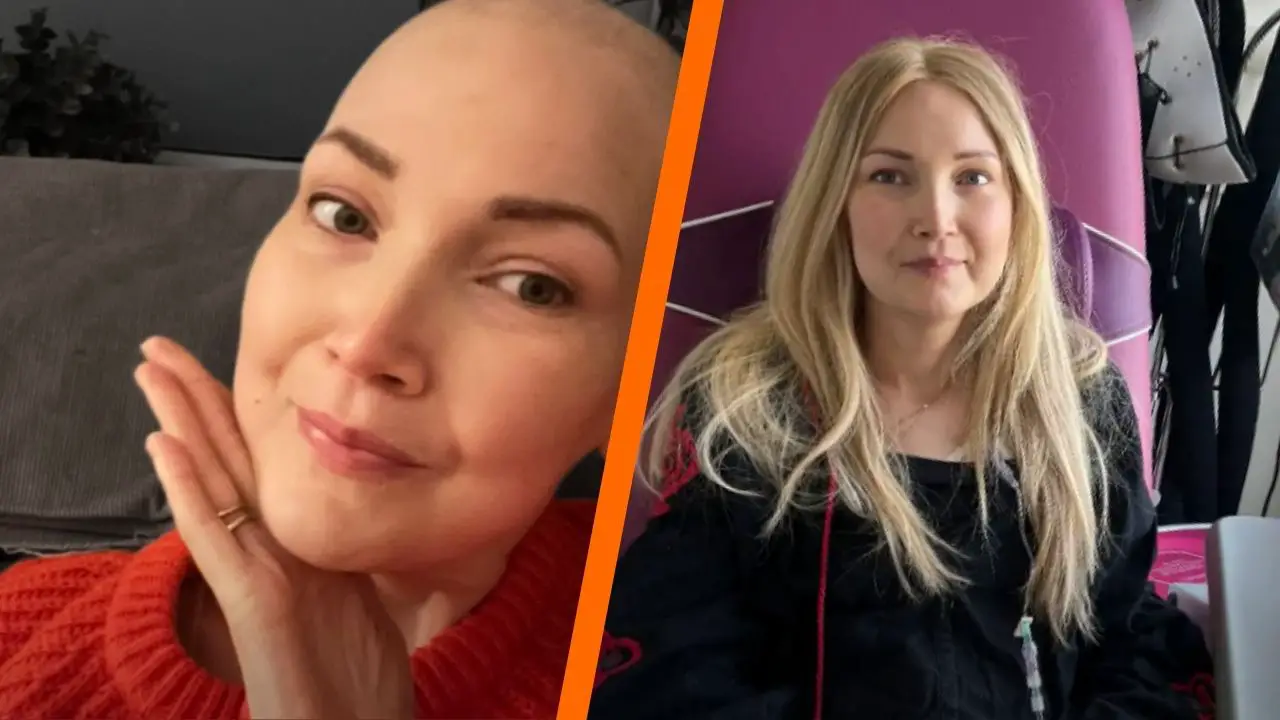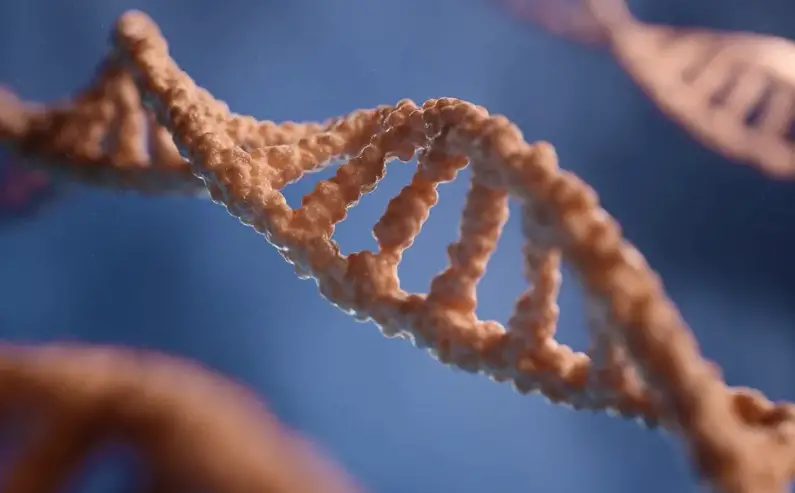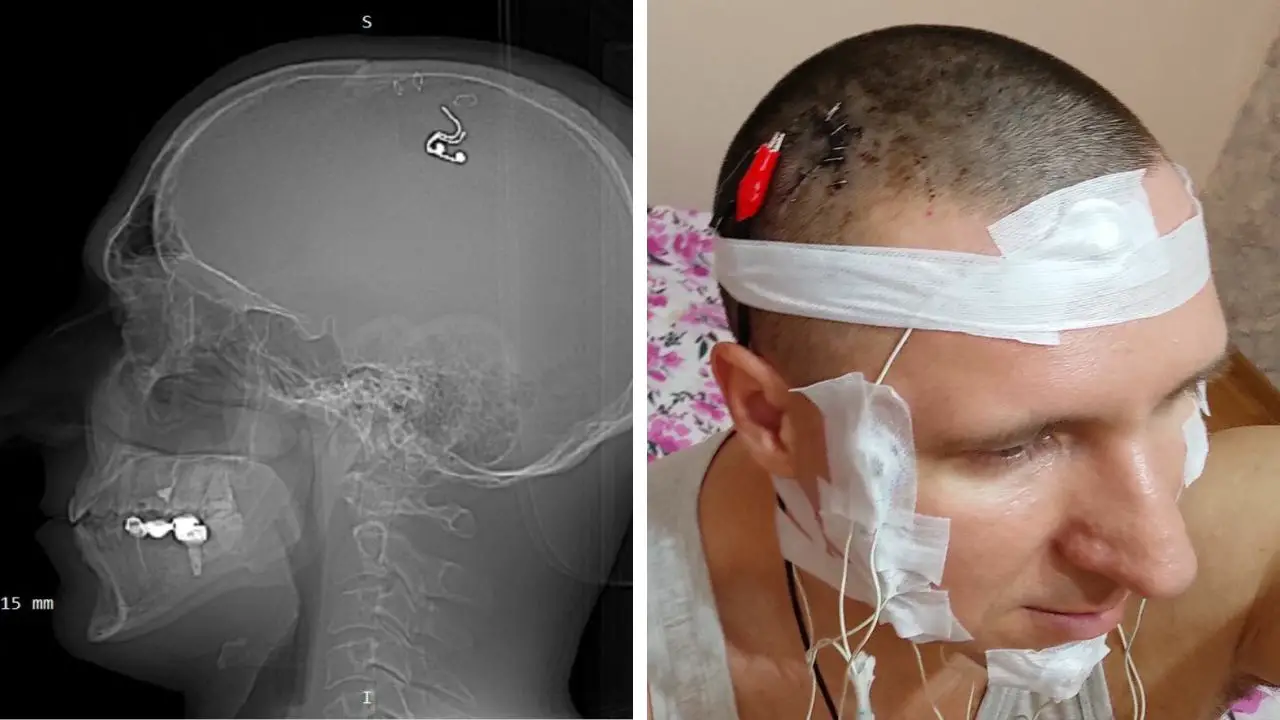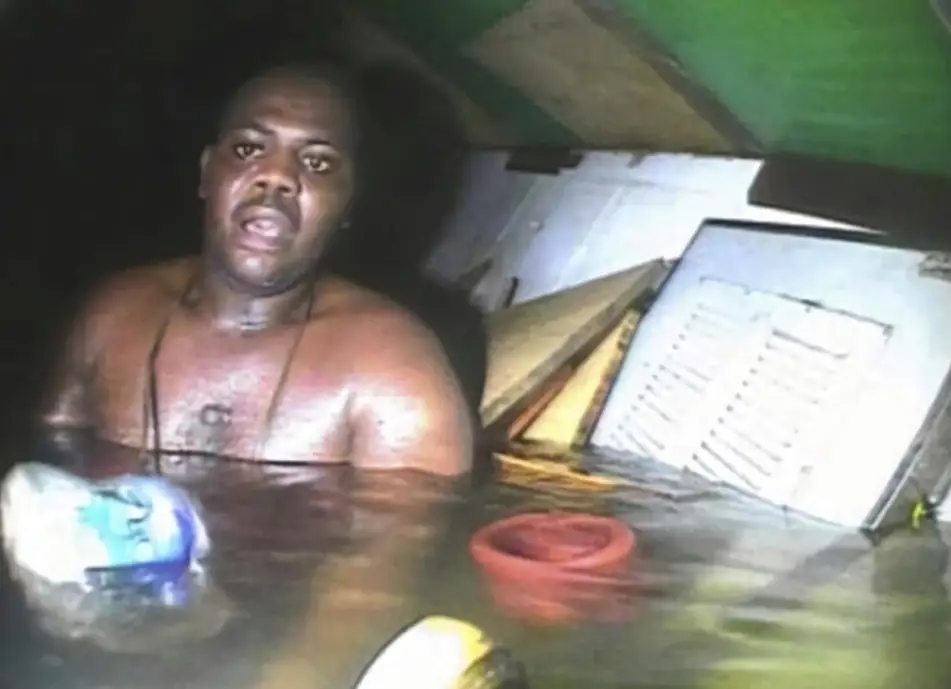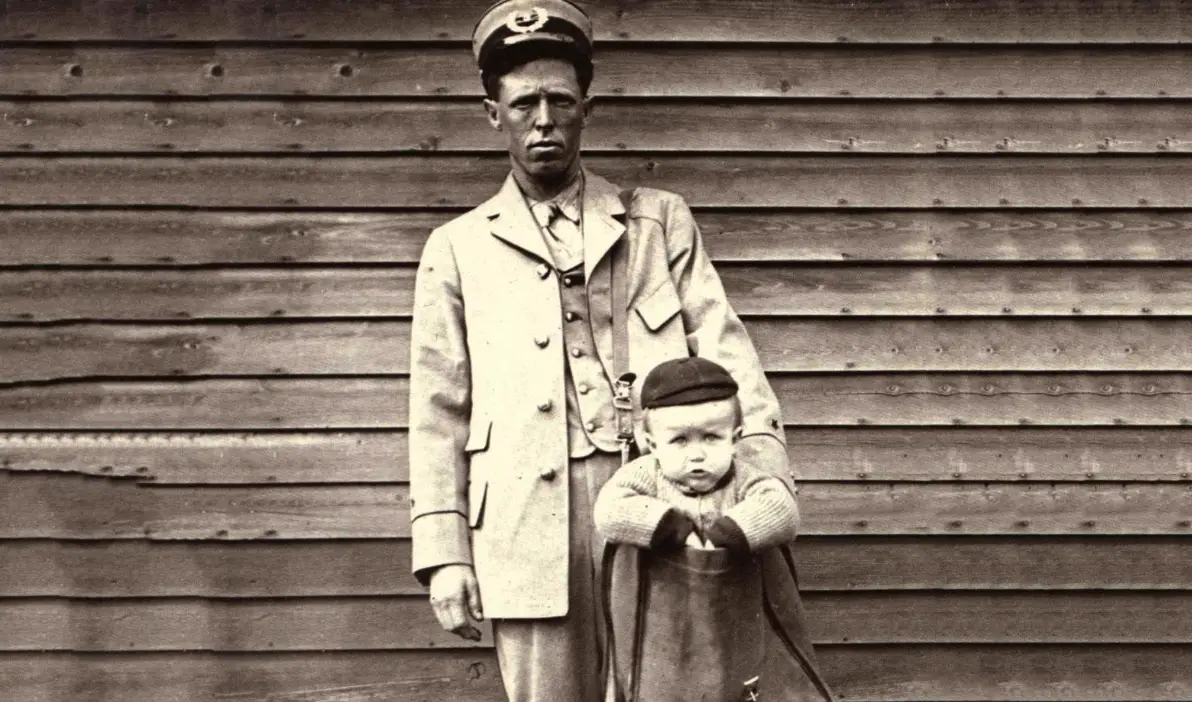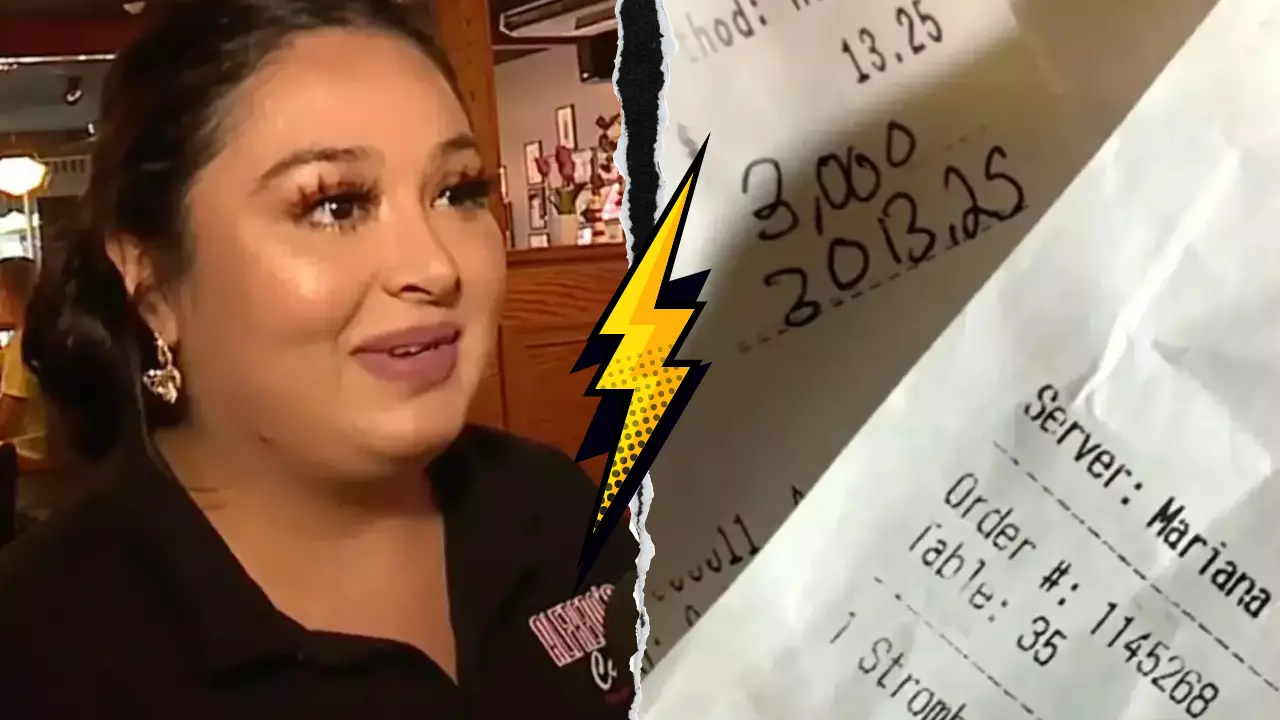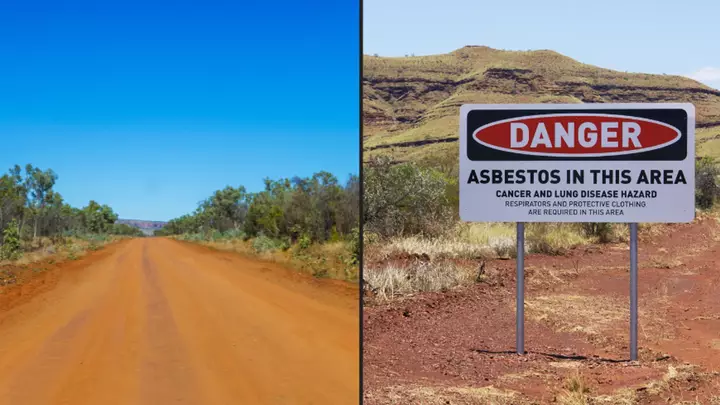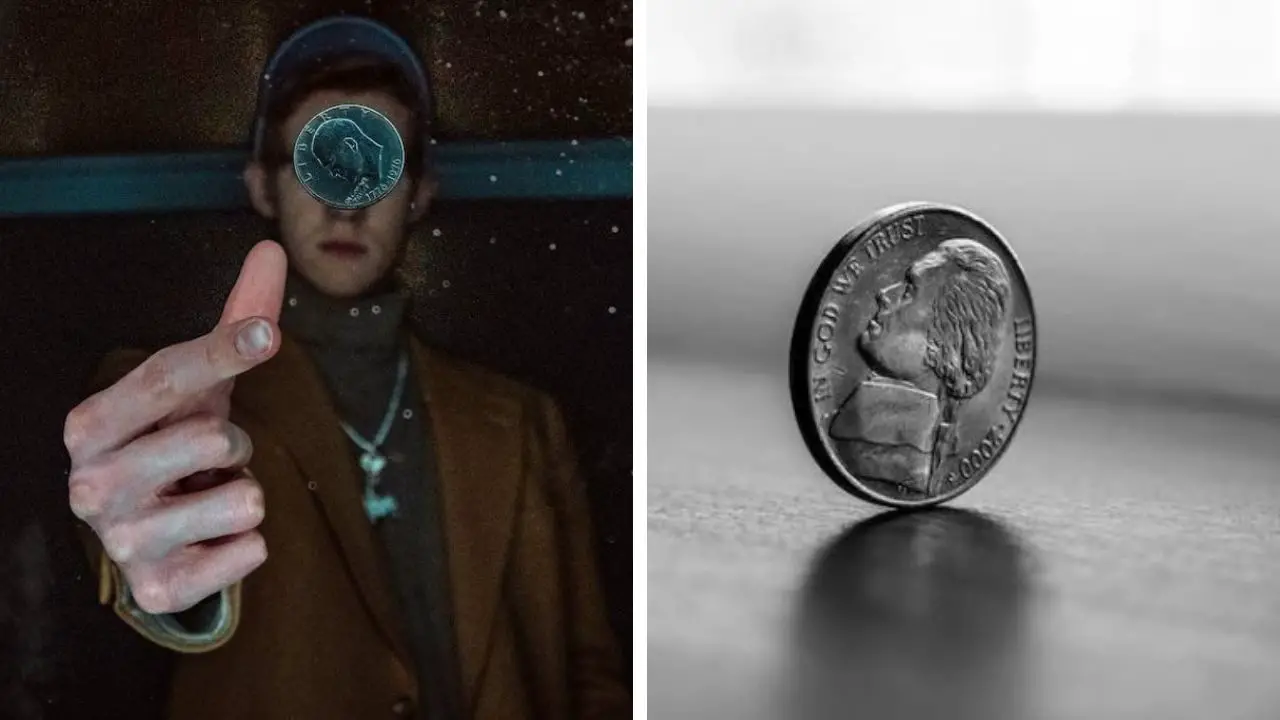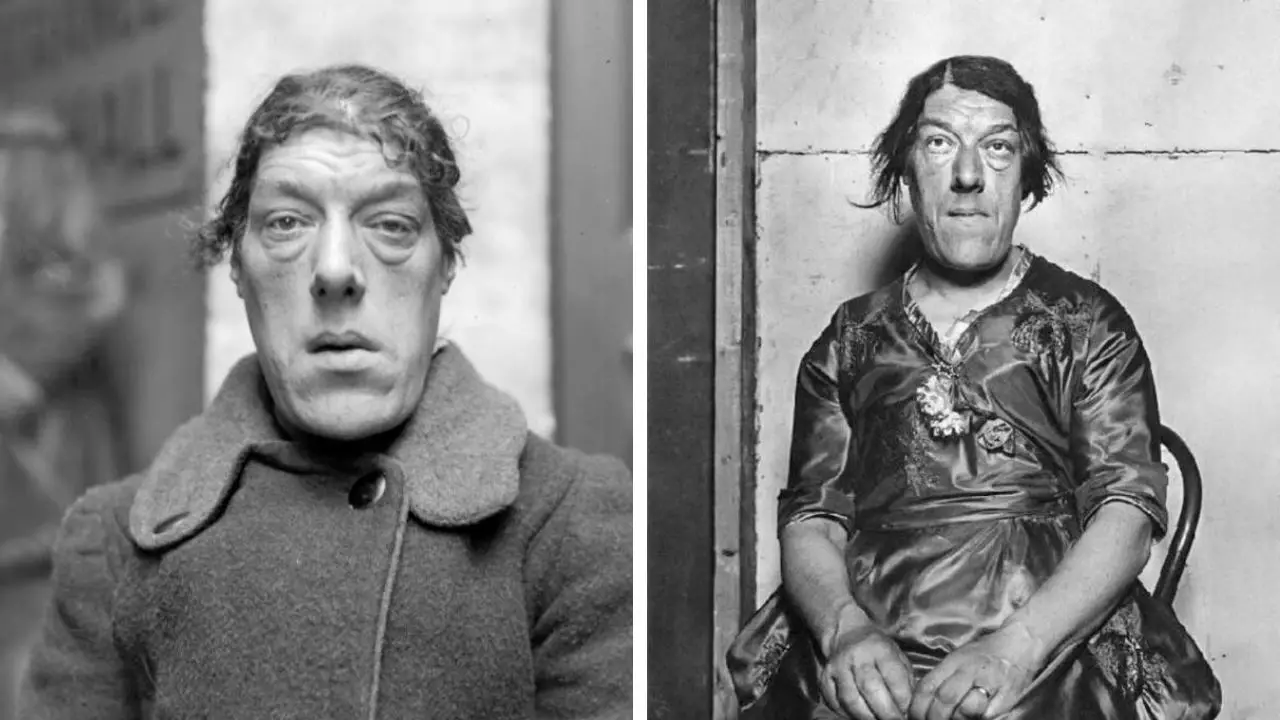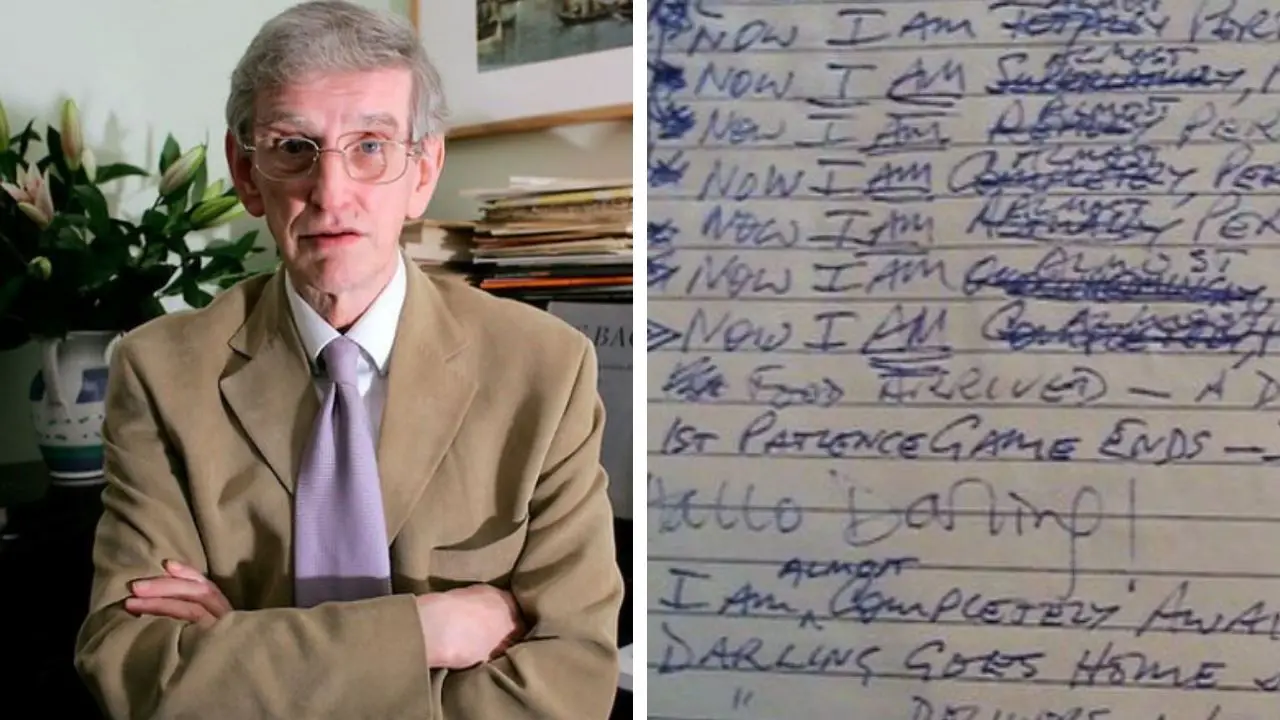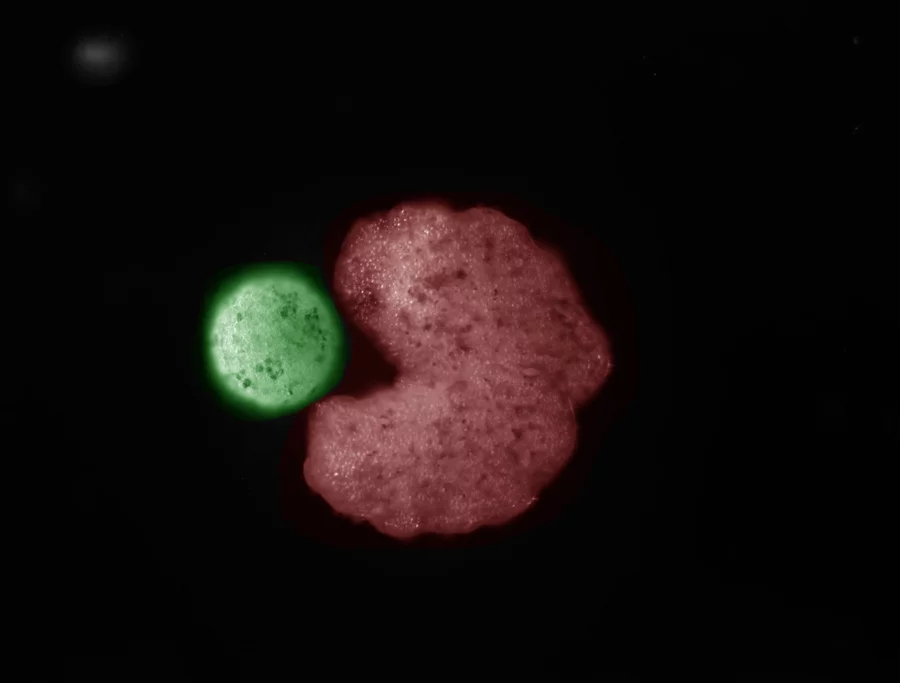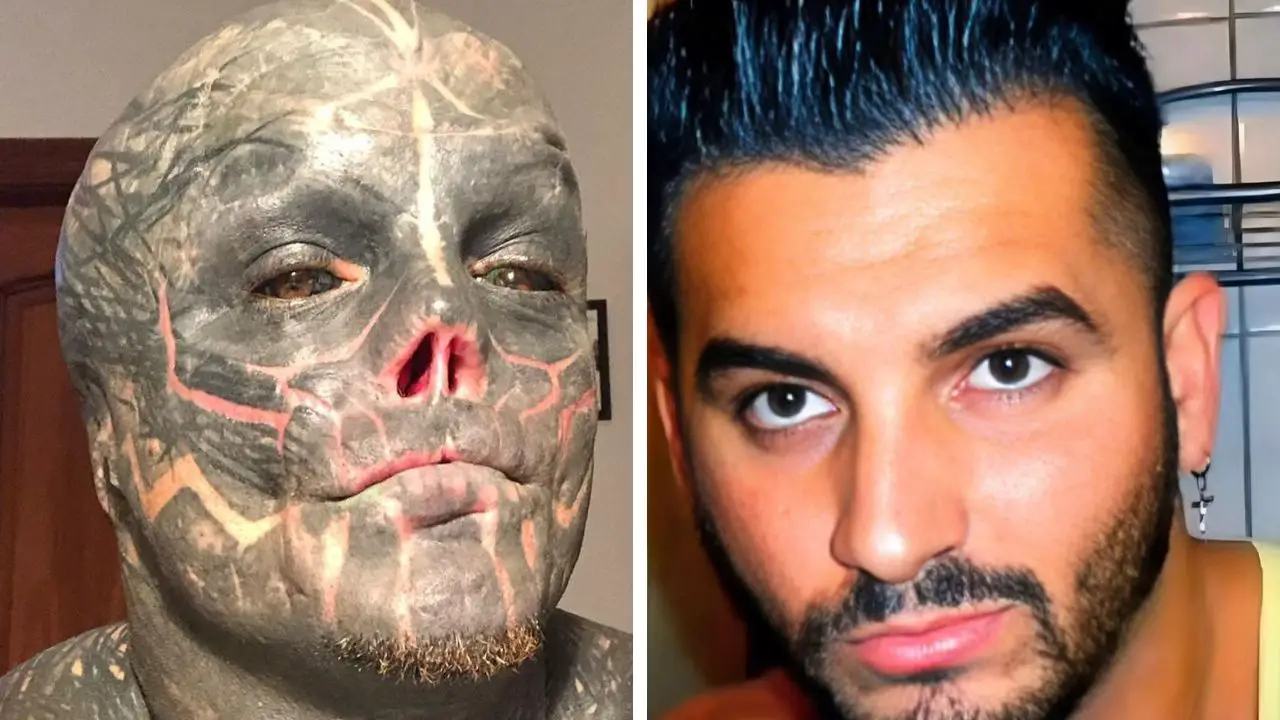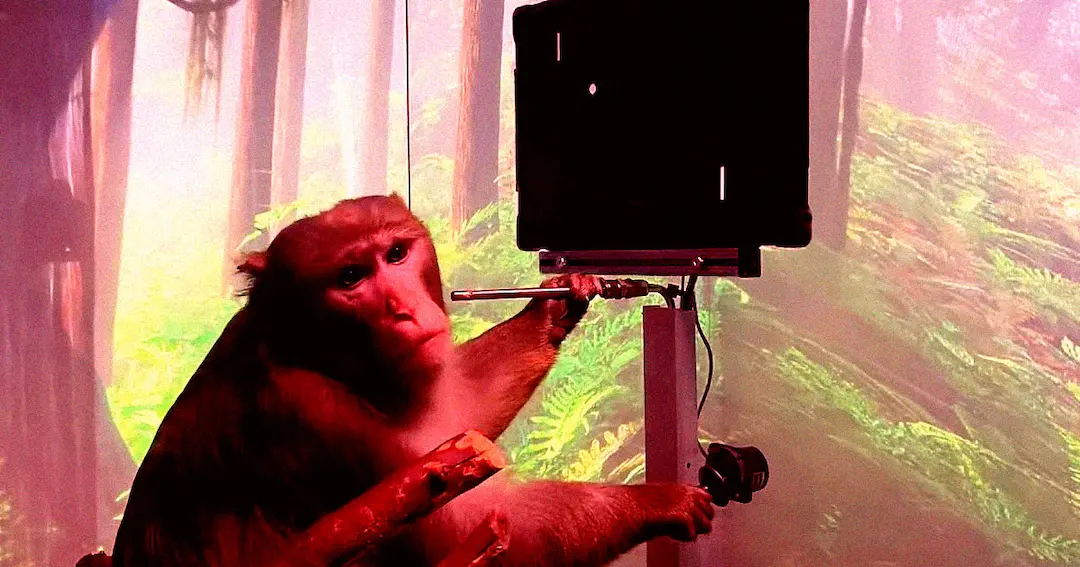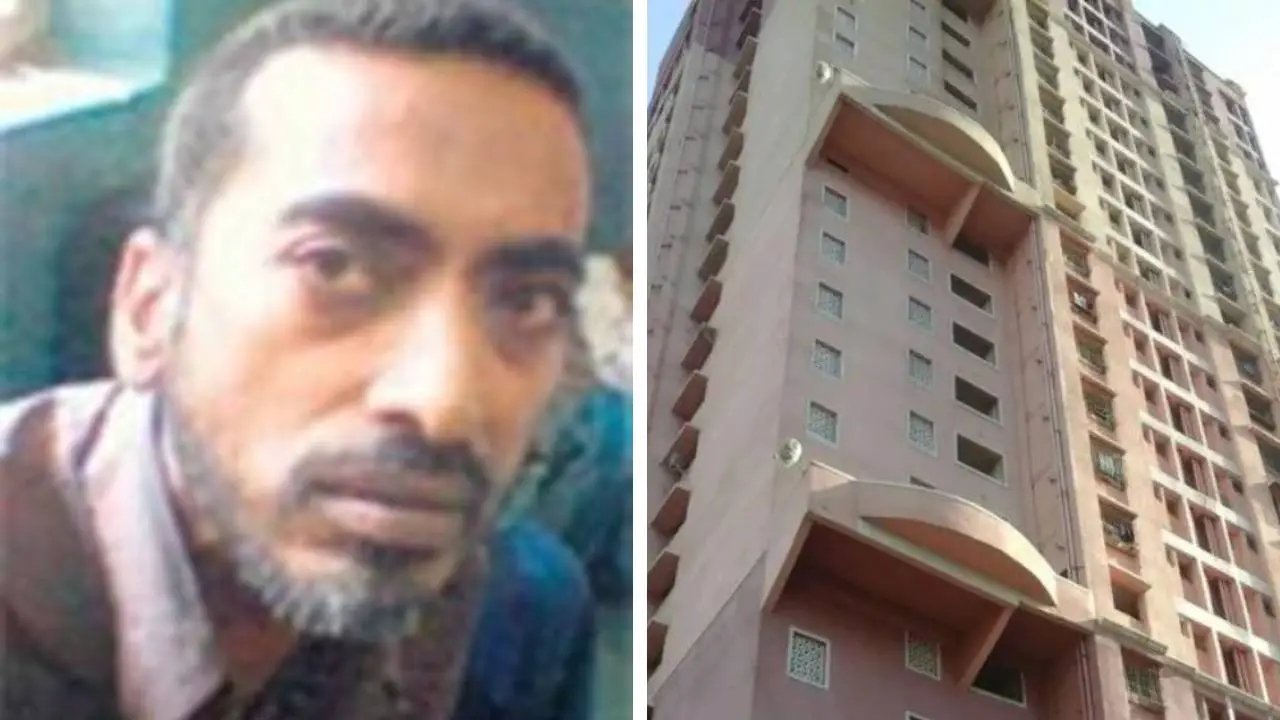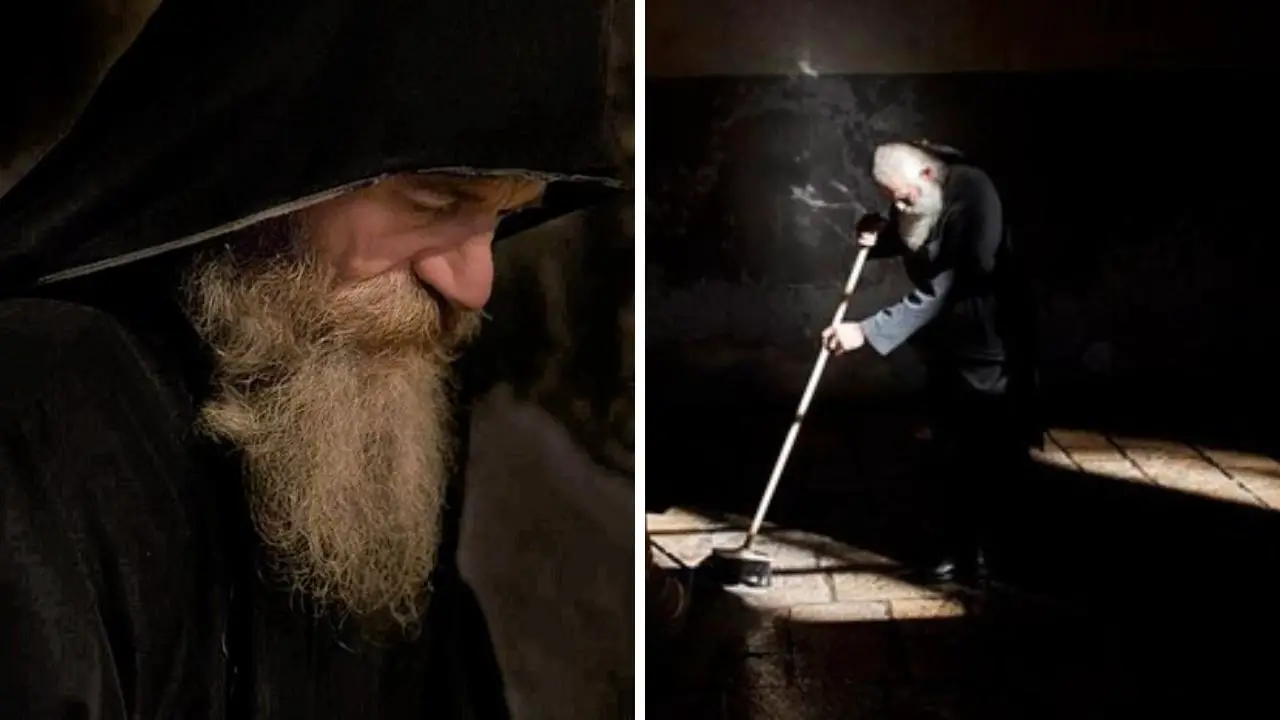Mother’s seven-year search for son with schizophrenia ends in bittersweet reunion
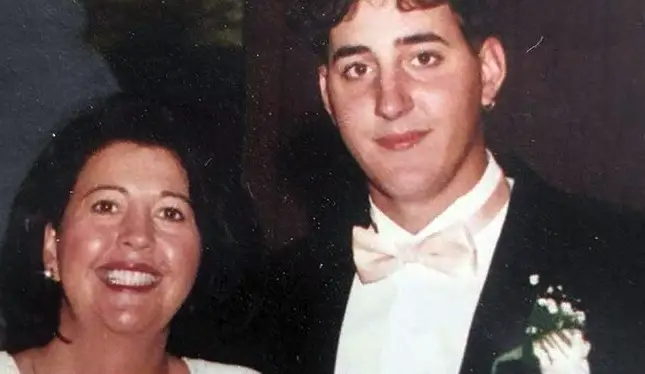
A Mother’s Relentless Search
Elise Cash’s life changed forever in 2011. Her son, Christopher Aaron Moreland, vanished after a “date night” dinner. At 33, Christopher was battling paranoid schizophrenia.
Diagnosed in his early twenties, his condition had worsened over time. He stopped taking his medication, Risperdal, leaving three months’ worth untouched in his apartment.
His last contact with Elise was a chilling phone call. He called her “radio woman” and threatened violence. Then, he was gone.
For seven years, Elise searched tirelessly. She checked missing persons databases. She contacted shelters and hospitals.
Every day was filled with uncertainty. “It was every day, searching,” Elise told The Washington Post.
“Not knowing if he’d been picked up or if he was dead.” The emotional toll was immense. Hope faded with each passing year.
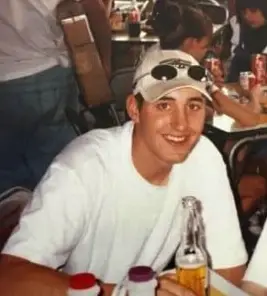
A Chance Encounter in Dolan Springs
In March 2018, a breakthrough came from an unlikely place. Dolan Springs, Arizona, is a small desert town.
It has a gas station, a Family Dollar, and a grocery store. About 36% of its residents live below the poverty line.
Few homeless people drift into this remote area. So, when Patience Matthieu, a 31-year-old local, saw a new face asking for food at a truck stop, she took notice.
The man looked disheveled. He resembled her cousin, but with missing teeth. Matthieu sensed something was wrong.
He spoke of tending lawns in a desert town with little grass. He mentioned living in a tunnel, but no such place existed nearby.
Determined to help, Matthieu offered him clothing and canned food. She shared earnings from a swap meet.
Over time, he trusted her enough to share his name: Christopher Aaron Moreland.
The Power of Social Media
Matthieu went home and searched Christopher’s name online. Her search led her to the Missing & Homeless Facebook group.
Founded by Robin Wells Plantz in 2015, the group has grown to over 100,000 followers by 2025.
It aims to reconnect families with missing loved ones, especially those who are homeless or have mental health issues.
The group has facilitated dozens of reunions, offering hope to families like Elise’s.
Through the group, Matthieu found Elise’s contact information. She called Elise, who was over 240 miles away.
The news was overwhelming. After seven years of uncertainty, Elise learned her son was alive. She immediately made plans to travel to Dolan Springs.
A Heartbreaking Reunion
Elise met Christopher at the Flying J truck stop in Kingman, Arizona. She hoped for a joyful reunion.
Instead, it was a moment of heartbreak. Now 40, Christopher did not recognize his mother.
His schizophrenia had created a barrier between them. He refused to return home. In a distressing moment, he hid behind a shed.
He threatened to call the police if Elise touched him. The encounter echoed their last contact, marked by confusion and fear.
Despite the rejection, Elise’s love for her son remained steadfast. She respected his need for space.
She began sending him essentials through Matthieu. Clothes, food, and books about airplanes—Christopher’s lifelong passion—arrived regularly.
Matthieu also played a crucial role. She helped Christopher find work in Dolan Springs, offering him stability in his isolated life.
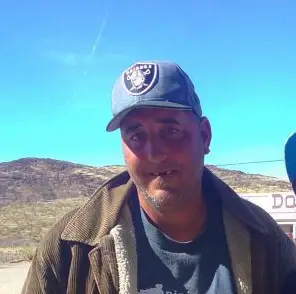
A New Chapter in Tempe
Christopher’s story took another turn later in 2018. He left Dolan Springs and moved to Tempe, Arizona.
The city is just a 30-minute drive from Elise’s home. The proximity gave Elise hope for a future reconnection. However, Christopher’s freedom was short-lived.
He was arrested on a 2011 felony charge for marijuana possession. As of May 2018, he was undergoing a psychological evaluation at Maricopa County Superior Court.
The evaluation could be a turning point. It may lead to treatment for Christopher’s schizophrenia.
For Elise, it’s a chance for her son to receive the care he needs. Yet, it also highlights the challenges of navigating the legal and mental health systems.
Many individuals with severe mental illnesses face similar struggles, often cycling through homelessness and incarceration.
The Broader Crisis
Christopher’s case is not unique. Schizophrenia affects about 1% of the population, according to the National Institute of Mental Health.
Untreated, it can lead to severe symptoms, including paranoia and delusions. These symptoms often drive individuals away from their families.
Many end up homeless, disconnected from support systems.
Data from the Treatment Advocacy Center suggest that at least one-third of homeless individuals in the U.S. have untreated severe mental illnesses.
Families like Elise’s face immense challenges. Privacy laws can prevent shelters and hospitals from sharing information.
Paranoia and delusions may cause individuals to refuse help. The Missing & Homeless group offers a solution.
By sharing photos and stories, it connects families with those who might recognize their loved ones.
Robin Wells Plantz encourages families to create dedicated Facebook pages for their missing relatives, increasing the chances of a reunion.
The Role of Community Efforts
The Missing & Homeless group is part of a broader movement. Organizations like Miracle Messages also work to reunite families with homeless loved ones.
Miracle Messages has facilitated over 115 “needle-in-a-haystack” reunions.
These efforts highlight the power of community and technology. Social media platforms amplify the reach of families searching for answers.
Patience Matthieu’s actions exemplify this spirit. Her compassion and initiative brought Christopher back into Elise’s life, even if only partially.
Her role didn’t end with the reunion. By helping Christopher find work, she gave him a sense of purpose. Her efforts show how ordinary individuals can make a difference.
| Detail | Information |
|---|---|
| Name | Christopher Aaron Moreland |
| Missing Duration | 7 years (2011–2018) |
| Last Seen Age | 33 years old |
| Age When Found | 40 years old |
| Diagnosis | Paranoid schizophrenia |
| Last Contact Before Disappearance | Called mother “radio woman,” threatened violence, left Risperdal untouched |
| Location Found | Dolan Springs, Arizona, March 2018, by Patience Matthieu at a truck stop |
| Reunion Location | Flying J in Kingman, Arizona |
| Reunion Outcome | Did not recognize mother, refused to go home, hid behind shed |
| Subsequent Support | Elise sent clothing, food, books; Matthieu helped find work |
| Current Status (as of May 2018) | Arrested in Tempe, Arizona, on 2011 felony marijuana charge; under evaluation |
| Mother’s Name | Elise Cash |
| Related Organization | Missing & Homeless Facebook group, founded by Robin Wells Plantz, ~100,000 followers |
A Mother’s Hope
Elise Cash continues to support her son from afar. She sends supplies and stays in touch through Matthieu.
She hopes the psychological evaluation will lead to treatment. For now, she respects Christopher’s need for independence.
“It’s such a hole ripped out of your heart and your soul,” she said of the years spent searching. Yet, knowing he is alive keeps her going.
Christopher’s story reflects the complexities of mental illness and homelessness. It underscores the importance of community-driven solutions.
The Missing & Homeless group, with its growing network, offers hope to countless families.
As Elise waits for her son to be ready to reconnect, she remains a symbol of resilience and unconditional love.

Looking Forward
The case of Christopher Aaron Moreland raises critical questions. How can society better support individuals with mental illnesses?
What role can technology play in addressing homelessness? Groups like Missing & Homeless are paving the way.
They show that compassion, combined with modern tools, can bridge gaps that once seemed insurmountable.
For Elise, the journey is far from over. She holds onto hope that one day, Christopher will recognize her again.
Until then, she continues her quiet support, a mother’s love enduring despite the distance.


